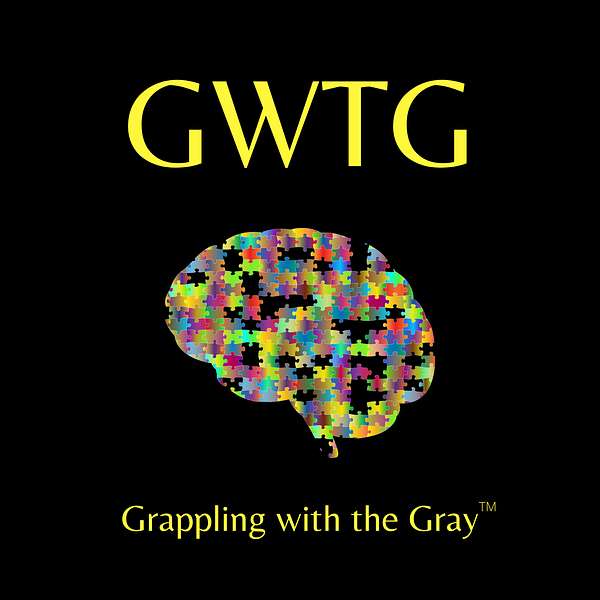
Grappling with the Gray
Grappling with the Gray
Grappling with the Gray #63: Education without ideology?
Do we want to teach our children to think or do we want to teach them to think like us? And what happens when we don't think there's a difference?
That's the question the ethics panel takes up on this week's episode of Grappling with the Gray.
Here's our scenario:
Education has become one of the most contentious fields of battle of the culture wars, with the political right accusing the left of revisionism and indoctrination and the political left accusing the right of revisionism and censorship.
Professor Leslie M. Harris, a contributor to the 1619 Project, described in Politico how the New York Times grossly misrepresented her research, and how critics exploited the misinformation to discredit legitimate parts of the project.
The recent proposed Florida Curriculum on Black History contained one line out of 191 points stating that slaves sometimes learned skills that helped them. Representing one half of one percent of the total content, that single line was characterized as claiming that slaves benefited from slavery and was used to discredit the entire body of work. As a footnote, that line was included by a black member of the curriculum commission.
Florida legislation to restrict mention of sexual identity in classrooms grades three and below were defended by supporters as ensuring age-appropriate education while condemned by opponents as homophobic and transphobic. It was branded the “Don’t say gay” bill.
Also in Florida, despite state law requiring African American studies, the government rejected a national AP curriculum, arguing that it advocated such positions as slave reparations and abolishing prisons, as well as emphasizing intersectionality, feminism, and gender identity with an intent toward indoctrination.
In our polarized society, many of us eagerly accept accounts and reports from news outlets we choose based on our political leanings, which makes it difficult to base our opinions on complete or even accurate information. What steps can we take to restore integrity to our education system while respecting the sensitivities of both sides of the political spectrum and promoting a civil and informed national debate?
Meet the panel:
Jeff Ikler is the director of Quetico Executive Career and Personal Leadership Coaching, host of the podcast "Getting Unstuck–Cultivating Curiosity," and the co-host of the podcast "Cultivating Resilience--A Whole Community Approach to Alleviating Trauma in Schools."
Kim Pries is co-founder of Counselor Connection, LLC. He teaches Computer Programming, Mathematics, Engineering, and Biotechnology, and he thrives on professional problem solving.
Stewart Wiggins is Chief Advisor at Induna Advisors, working to significantly increase company revenue by developing positive client reports and establishing solid business relationships.
#ethics #education #culture #perspective #grappling